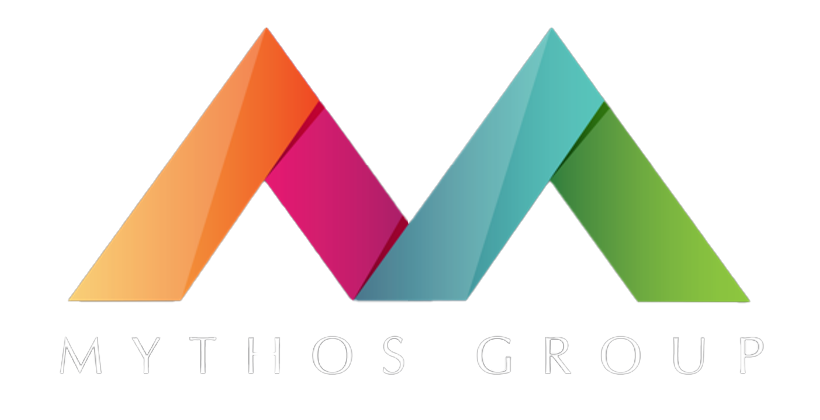Ambient AI, a technology that seamlessly integrates into our surroundings, has the potential to revolutionize the healthcare industry. By perceiving and responding to the world around it, ambient AI could streamline operations, improve patient care, and reduce overall costs. Amit Patel, founder of Mythos Group, was interviewed in this article about ambient AI and its uses in the healthcare industry.
“Ambient AI can automate patient check-ins, suggest optimal appointment times, and even provide real-time language translation to ensure seamless communication,” Amit Patel, told PYMNTS.
Let’s take a deeper dive into the ways ambient AI is changing healthcare today and how it will continue in the future.
As with most new technology, unforeseen issues will always be associated with its use. In the case of AI, we commonly see issues of privacy and safety, as well as issues of racial and sexual bias. We’ll explore these possible problems as well.
Streamlining Patient Intake And Scheduling
One of the most immediate applications of ambient AI in healthcare is streamlining patient intake and scheduling. Voice recognition and biometric authentication can expedite check-in processes, while intelligent scheduling algorithms can optimize appointment times and reduce wait times. Patients can check in by presenting their face, palm, or fingertip to a camera or touch scanner. The system verifies their identity and retrieves their medical records, saving time and energy for both staff and patients.
“Imagine a scenario where a patient walks into a clinic, speaks their name, and is checked in without touching a screen or signing a form,” Mr. Patel explained in his interview with PYMNTS. “That’s the promise of ambient AI — making the healthcare experience as frictionless as possible.”
For instance, Cedars-Sinai has implemented AI-powered virtual assistants to guide patients through the check-in process, reducing wait times and improving patient satisfaction.
Additionally, virtual queuing and real-time language translation can enhance patient experience and facilitate communication between healthcare providers and patients. Mayo Clinic, for example, has utilized AI-powered translation tools to improve communication with non-English speaking patients.
Ambient AI can continuously monitor provider availability and suggest the best available appointment times based on patient preferences and medical needs. Cancellations can be quickly taken into account and changes made accordingly as well to increase efficiency and keep patients happy and cared for!
Analyzing historical data and patterns, AI can predict future demand and proactively schedule appointments to avoid bottlenecks. Holidays, weekends, and habits of patients can all be considered for this.
Patients can get personalized reminders through text messages, emails, or phone calls, whichever they prefer. Reminders can be tailored to each patient, including information about their appointment type, provider, and location.
Patients could get updates estimating wait time and progress to estimate their wait time to see a doctor. Patients could even wait in a “virtual waiting room,” with entertainment/educational content while they wait, if they like.
Revolutionizing Medical Supply Chain Management
Ambient AI can also transform medical supply chain management by providing real-time visibility into inventory levels, optimizing delivery routes, and ensuring product quality and safety. By leveraging predictive analytics and machine learning, healthcare organizations can proactively address potential supply chain disruptions and minimize stockouts.
For example, Johnson & Johnson has implemented AI-powered supply chain management systems to optimize inventory levels, reduce waste, and improve delivery times.
Additionally, Siemens Healthineers has utilized AI to predict equipment maintenance needs, reducing downtime and improving overall efficiency.
In the future, Ambient AI could track the movement of medical products from manufacturing to delivery, for traceability and compliance with regulations.
AI might even help identify and address quality issues, ensuring safe and effective products for patients.
Improving Patient Care And Reducing Costs
Perhaps the most significant impact of ambient AI in healthcare lies in its potential to improve patient care and reduce costs. Real-time AI analysis of patient-doctor conversations can lead to faster and more accurate diagnoses, optimized treatment plans, and reduced administrative burdens.
For example, Google Health is developing AI-powered tools to analyze medical records and identify potential health risks, enabling early intervention and preventive care. AI could identify even more potential health risks in the future, and suggest preventive measures, helping to prevent costly illnesses and complications.
Additionally, IBM Watson Health is using AI to accelerate drug discovery and development, leading to more effective and affordable treatments.
AI might, in time, even help doctors tailor their communication style to individual patients, improving patient satisfaction and adherence to treatment plans. This could reduce the need for follow-up appointments and treatments due to non-adherence.
Drug Repurposing And Discovery:
Accelerating Drug Discovery: AI can analyze vast amounts of data to identify promising drug candidates, speeding up the drug discovery process and thereby reducing costs.
Demand Forecasting
Ambient AI can help with predicting which medications may need to be produced more or less. AI can analyze historical data, patient demographics, and other relevant factors to accurately predict demand for medical supplies.
Based on real-time data, AI can dynamically adjust production or procurement plans to meet changing demand.
Enhanced Security And Compliance
If programmed well, AI can even make sure patient data is collected, stored, and processed securely, complying with regulations like HIPAA.
With ambient AI, healthcare organizations can streamline patient intake and scheduling processes, improve patient satisfaction, and enhance overall efficiency, security, and compliance.
Ethical Considerations And Privacy
While ambient AI has extensive potential benefits, ethical considerations and privacy concerns must be addressed. Implementing robust data privacy measures and ensuring transparency in AI decision-making are essential to building trust and maintaining patient confidentiality.
In conclusion, ambient AI has the potential to revolutionize the healthcare industry by improving efficiency, enhancing patient care, and reducing costs. By embracing this technology, healthcare organizations can position themselves for a future of innovation and patient-centered care.
Wondering how best to incorporate ambient AI into your organization? Implementing the technology, educating your staff and customers, and making sure you adhere to regulations along with addressing ethical considerations and privacy concerns can seem overwhelming. At Mythos Group, we help make the process smooth and efficient for everyone. Get in touch with us today and learn how.







